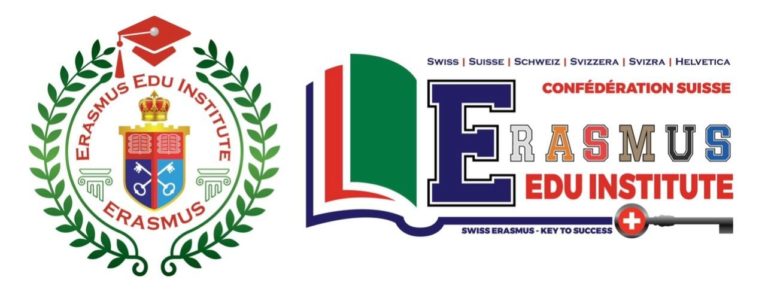SGSB Business School’s Academic Dean, Prof.Dr.Johnny Kim, has accomplished various his EMBA degree programmes with different majors of;
- EMBA in International Management
- EMBA in International Tourism Management
- EMBA in Strategic Management
- EMBA in Luxury Brand Management
Explore how this experience can be truly transformational for your career and personal life.
Executive MBA (EMBA) Programmes take participants through an educational journey unlike any other. Although the EMBA format resembles the part-time MBA studies and it also reminds us of other executive education programmes, it actually features several distinctive qualities that deserve a more detailed look.
Going up the career ladder : What makes EMBA programmes unique is that they target executives with significant managerial experience who have reached a mid-level or senior management position but aim to further advance in their career, broaden their knowledge in a different area, or develop a brand new business idea.
Typically, EMBA course participants are aged between 27 and 45 or even older. One of the most important elements of their profile is not age, but experience. With average professional experience of more than 10 years, including 5+ years in a managerial position, Executive MBA students are high-calibre managers, executives, and entrepreneurs who have the potential and motivation to become CEOs within their organisations.
Programme participants are usually keen on the practice-oriented nature of the study which allows them to solidify their business acumen without setting aside their personal and professional commitments. EMBA classes feature a diverse group of professionals representing different nationalities and/or backgrounds. This highly diverse environment in international EMBA programmes leads to the development of lasting relationships and a strong professional network around the world. The strong focus on team-based learning, as well self-awareness and personal growth, in EMBA programmes means that classmates are able to share their real-life experience and work on case studies to discuss real situations and solve real problems.
A transformational experience : What helps make the EMBA a truly transformational experience is the community it develops and sustains long after graduation. Ms Shaforostova found it important to focus on this aspect of her studies by taking advantage of the expertise coming from both schools. She managed to increase her exposure to companies operating in her sector and expanded her network.
Learning via sharing is one of the most valuable and powerful ways to internalize and activate new knowledge. Meeting with cohorts and peers from different levels, nationalities, backgrounds, and industries allows attendees in the programme to communicate their managerial vision and business know-how. Their ability to learn from each other’s experience is the one element which differentiates EMBA programmes from any other type of graduate degree. The Executive MBA brings together a network of people who can provide resources in new areas and become your trusted advisors.
Flexibility and convenience : Executive MBA programmes are conducted in a modular format (short residential study sessions) or blended format (a combination of in-class and online learning). Although the EMBA is an entirely different type of programme compared to the part-time MBA, they share this one similarity – the flexibility to combine professional, personal, and social responsibilities with EMBA studies. The flexible format of EMBA programmes is a win-win option for both the employees participating in an EMBA and their employers, because the new knowledge and skills acquired throughout the studies can be applied immediately.
EMBA classes are held in short modules of four to six days at a time, spanning 12 to 24 months, or on a weekend program minimum 9 months to 12 months. In addition, the format of the programme requires its students to spend at least 15 to 20 hours a week on preparation. The blended format allows students to organize a large portion of their studies in a way that is most suitable for them. Self-paced learning at home via various web-based applications and platforms is encouraged and introduces even greater flexibility in the work routines of busy executives. Podcasts, mobile connectivity, teleconferencing, and academic social media networks have been developed to ease the learning process and make programmes meet the schedules of working professionals. Most EMBA programmes feature their own platforms which link students, faculty, and administrators in virtual private networks.
While those who are interested in an Executive MBA will find plenty of arguments to convince them of its value, it is certainly not a one-size-fits-all type of programme. People who wish to make the most of the flexible format and its unique capacity to turn business professionals into visionary leaders need to do at least a bit of soul-searching in advance to find their right fit. So, we can make a connection between the E in Einstein’s formula E = mc2 and the one in EMBA. It’s energy. It’s a driving force to transformation.
Academic Dean of SGSB Business School, Prof.Dr.Johnny KIM
